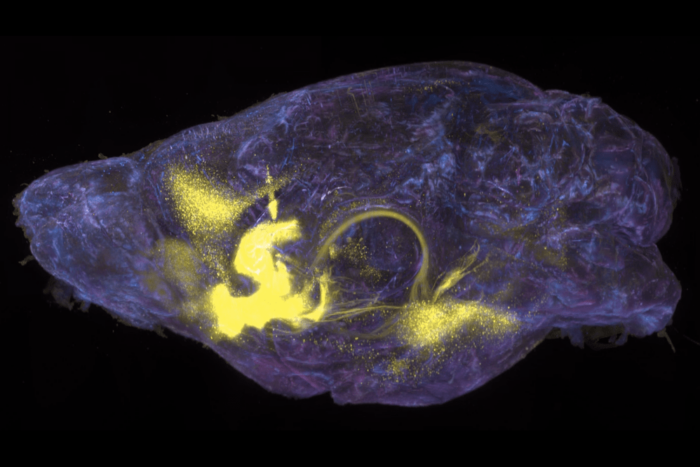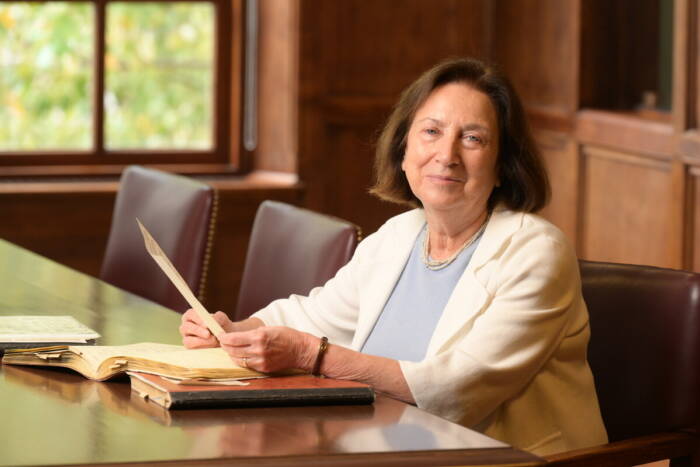Robert Darnell elected to National Academy of Sciences
Robert B. Darnell, Robert and Harriet Heilbrunn Professor and head of the Laboratory of Molecular Neuro-oncology, has been named a member of the National Academy of Sciences. Darnell is one of 84 newly elected members announced today by the Academy; an additional 21 foreign associates from 15 countries were also elected.
Members of the National Academy of Sciences are recognized for their distinguished and continuing achievements in original research. Darnell focuses on understanding a group of rare brain diseases, the paraneoplastic neurologic disorders (PNDs), and how they arise in conjunction with immune responses to cancer.
In addition to his appointment at Rockefeller, Darnell is an investigator of the Howard Hughes Medical Institute and is president and scientific director of the New York Genome Center.
 The National Academy of Sciences is a private, nonprofit institution that was established under a congressional charter signed by President Lincoln in 1863. The academy recognizes achievement in science through election to its membership, and it also provides science, engineering and health policy advice to the federal government and other organizations. It includes the National Academy of Engineering, Institute of Medicine and National Research Council. The newly elected members to the academy bring the total number of active members to 2,214 and the total number of foreign associates to 444.
The National Academy of Sciences is a private, nonprofit institution that was established under a congressional charter signed by President Lincoln in 1863. The academy recognizes achievement in science through election to its membership, and it also provides science, engineering and health policy advice to the federal government and other organizations. It includes the National Academy of Engineering, Institute of Medicine and National Research Council. The newly elected members to the academy bring the total number of active members to 2,214 and the total number of foreign associates to 444.
“Bob Darnell’s research on paraneoplastic neurologic disorders and on RNA-binding proteins in the brain is groundbreaking and is highly deserving of this superb recognition from the National Academy of Sciences,” says Marc Tessier-Lavigne, Rockefeller’s president. “In addition to his research, Bob is a leader in the scientific community both at Rockefeller and in New York City, as the first president of the New York Genome Center.”
In addition to his work on PNDs, which has led to new antitumor strategies now being tested in cancer patients, Darnell and his team have also discovered neuron-specific systems that regulate RNA expression and have developed a technique to study RNA regulation in vivo known as HITS-CLIP. His studies of mRNA splicing, translation, and miRNA regulation in clinical and experimental settings are offering new ways to explore the “dark matter” of the human genome, and to overlay genome-wide sequence information with human diseases, including brain disease and cancer.
With Darnell’s election, Rockefeller now boasts 34 members or foreign associates of the National Academy of Sciences among its current faculty.
Darnell will be formally inducted at the academy’s annual meeting next year.


